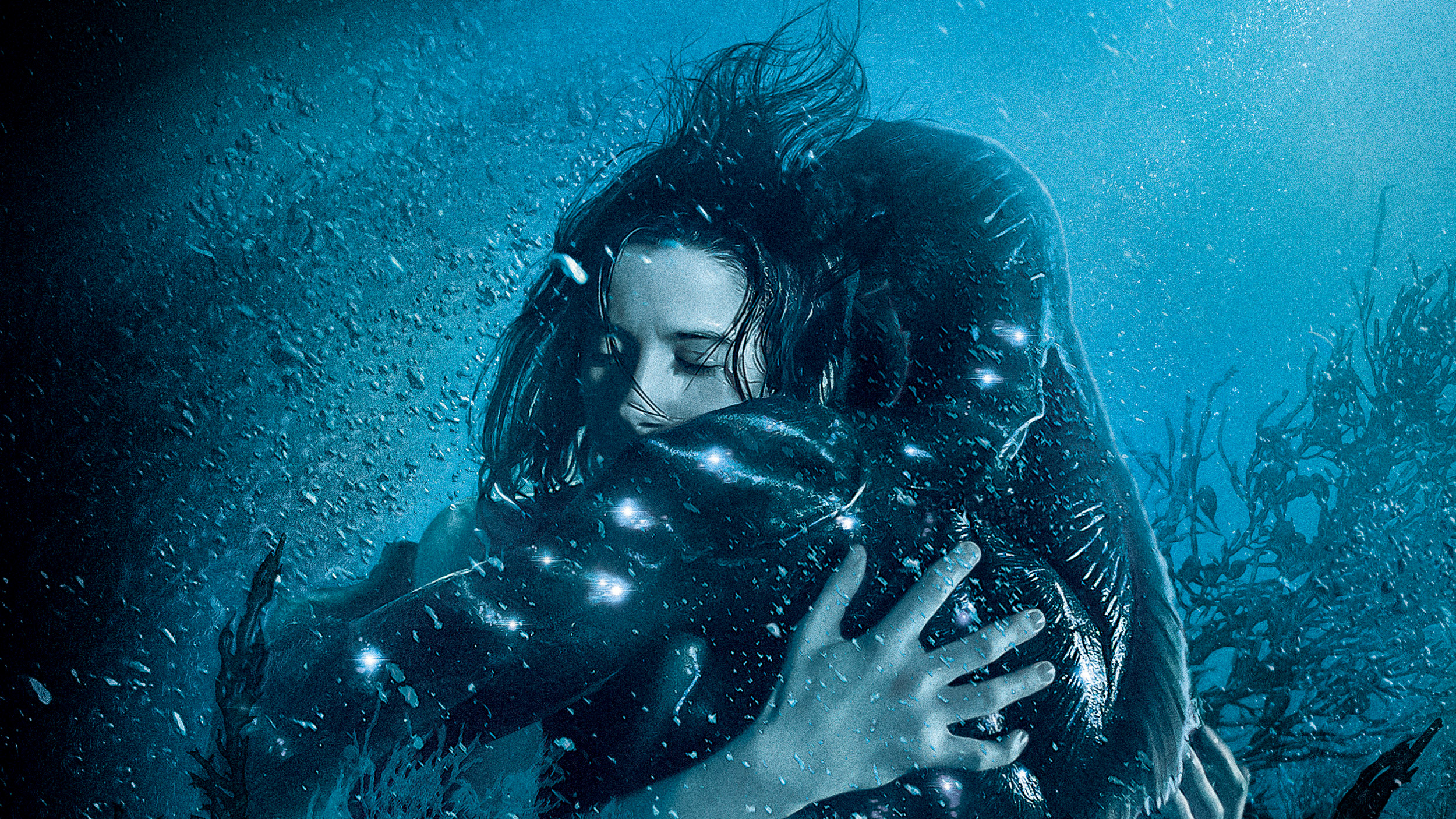Alexander The Great: Work, Life, & Balance

336 B.C. The Kingdom of Macedon—Ancient Greece.
Philip II, King of Macedon, is assassinated.
His son Alexander—tutored by Aristotle—is well-versed in philosophy and military strategy. Alexander ascends the Throne. His animosity towards Philip, a heavy drinker and degenerate, fuels his passion for glory.
He will not stand in the shadow of his Father, who favored diplomacy. He will rule with sword and spear.
He will forge his own path.
His vision: conquer to the “ends of the world and the Great Outer Sea”.
Alexander is twenty years old.
Immediately he quells several revolts, consolidating his power—and launching a campaign to conquer the Persian Empire.
334 BC.
War.
Alexander marches—his vast army more than 48,000 soldiers and 6,000 cavalry strong. He defeats the Persian army at The Battle of the Granicus River. He defeats them at Issus—the beginning of the end of the Persian empire. The port city of Tyre falls. The stronghold of Gaza will not stand. Alexander is unstoppable.
The Battle of Gaugamela.
Alexander crosses the Tigris and Euphrates unopposed. King Darius III himself leads the Persian army. The Macedonian forces, heavily concentrated in a wedge-shaped phalanx, pierce the Persian center. Darius’s charioteer dies in the melee. Persian troops believe King Darius has fallen. Chaos ensues. The Persian lines break. Darius flees.
The battle is over.
The loss at Gaugamela shatters the spine of Persian resistance.
Victory abounds; relentless momentum achieved. Asia Minor. Syria. Egypt. Babylonia. Persia. Each conquered.
Onward to India.
For Alexander, these victories are not enough. He marches his army into India, ruthlessly slaughtering all resistance. Reducing opposing strongholds to rubble.
Battle of the Hydaspes.
Alexander battles King Porus of the Paurava Kingdom. Porus’s massive army, including charioteers and war elephants, ultimately fall. While a victory, the losses to Alexander and his Companion cavalry are devastating. King Porus’s resistance proves unmatched against previous conquests.
The victory opens India to Greek politics and culture.
Revolt.
Alexander’s army has had enough. This war is endless. His soldiers exhausted; weary. Alexander tries to push them on—but they refuse. Ten years of this. It was time to turn back West. Back to family. Back to home.
And so, the campaign ends.
They never lost a battle.
They walked away from the war.
__________
“Burnout: physical or mental collapse caused by overwork or stress”
We are killing ourselves.
The stress of work compounds the harder we push, and the longer we go, without rest and recuperation.
The toll overworking takes is overwhelming.
Welcome to being human: no amount of willpower will overcome an endless barrage of chronic stress. None are exempt from this universal biologic rule.
Our hormones desperately attempt to manage the stress. Cortisol and epinephrine flood the system, pushing us from fight to flight. Praying for a reprieve.
There is an answer.
75% of regular vacationers feel more alert upon returning to work. Nearly 20% report an improved sleep cycle.
Adrenal dysfunction from chronic stress reduces the body’s ability to fight illness. Testosterone levels lower; not only reducing the willpower for sex—but the physiologic response required for it. Vacationers have increased levels of glucose, meaning not only more energy—but a reduction in weight as well.
Heart Disease.
These are devastating statistics:
Regular vacationers are 32%—50% less likely to have a stress-induced heart attack. Stress fuels high blood pressure. Stress fuels heart disease. Stress’s cardiologic response prematurely ends lives.
Again: We are killing ourselves.
The leadership lesson is this.
Step away.
Back off.
Recalibrate.
Recharge.
Take a vacation.
Vacations increase overall happiness. They reduce hormones that cause depression and anxiety. Vacations strengthen marriages, and bond families. They reduce the biologic aging process.
What this means for you, dear leader:
For every extra ten hours of vacation taken by colleagues, annual performance ratings increase 8%.
They give more—and you get more—when routinely encouraged to step away.
Your team needs a break. They need rest and recuperation. The human animal operates within biologic limitations. No matter how pressing the project, how important the initiative—burnout is inevitable.
For them—and you—balancing the work/life cycle is critical.
Take a vacation. Encourage the employee reluctant to do so. Share the health benefits. Explain the productivity benefits.
Step away. Everybody wins.
Alexander never lost a battle, but he never stopped fighting them. For his soldiers, ten years of endless military conquest. Ten years. No rest. No reprieve. No chance to enjoy the love of family and the comforts of home.
His soldiers were done. No more.
Alexander’s army turned their back on him.
If you don’t pull back, so will yours.
Mark Joseph Huckabee






